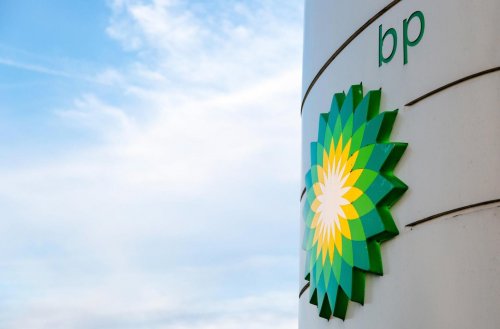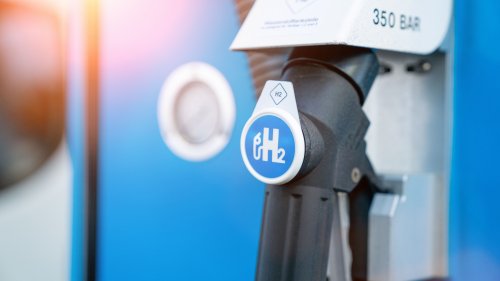The introduction of new standards for carbon emissions from motor vehicles in Europe, in particular the ban on new cars with internal combustion engines from 2035, may affect Ukrainian emission standards.
Adherence to these standards will likely become part of the negotiation process regarding Ukraine's future membership in the EU, reports the DiXi Group think tank on Facebook.
It is noted that the European Commission proposes to reduce CO2 emissions for new passenger cars and vans (compared to 2021) by:
- 55% from January 1, 2030;
- 100% from January 1, 2035.
Analysts added that carbon reductions are also proposed for trucks (over 5 tonnes), city and long-distance buses (over 7.5 tonnes) and trailers (compared to 2019) by:
- 45% from January 1, 2030;
- 65% from January 1, 2035;
- 90% from January 1, 2040.
The article emphasized that the proposals must be adopted by the Council of the EU in order for them to enter into force.
Earlier, EcoPolitic wrote, that the European Parliament has approved new targets for reducing carbon emissions for new passenger cars and light commercial vehicles. The new legislation establishes a ban on new cars with internal combustion engines.
As EcoPolitic previously reported, a network of more than 100 hydrogen stations for heavy vehicles will be built on major roads in Belgium, the Netherlands, Luxembourg and Germany.





